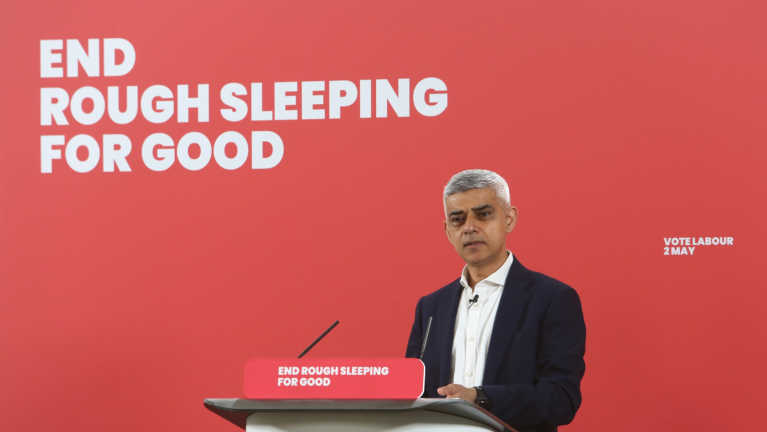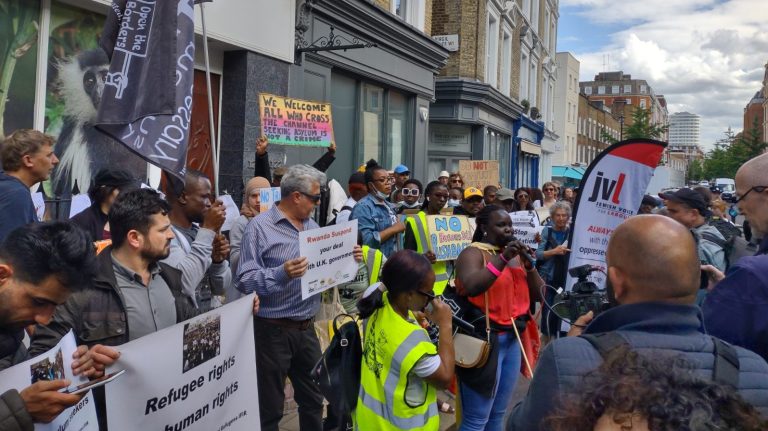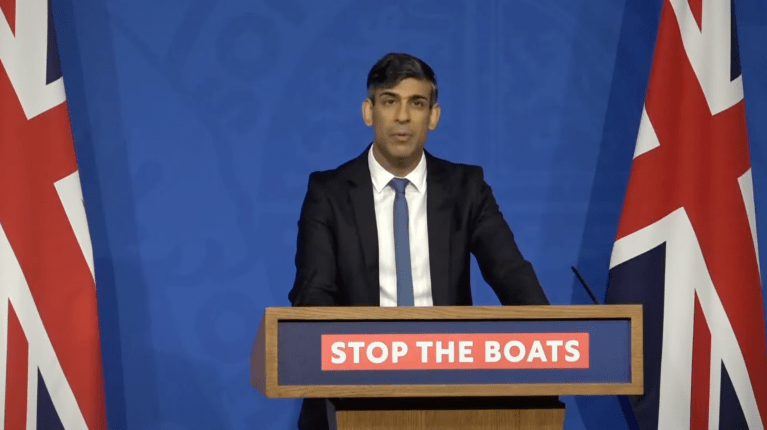- Repeal the Health and Social Care Act and reinstate the responsibilities of the Secretary of State to provide a comprehensive and universal healthcare system.
- End the requirement on health authorities to put services out to competitive tender.
- Build a comprehensive National Care Service for England, including community-based, person-centred support and free personal care
- End 15-minute care visits and provide care workers with paid travel time, access to training and an option to choose regular hours.
- Increase the Carer’s Allowance for unpaid full-time carers.
Conservatives:
- Build cross-part consensus on long-term solution to social care crisis
- £1bn extra funding every year for more social care staff and better infrastructure, technology and facilities
- Guaranteeing that no one needing has to sell their home to pay for it
Our social care system is in crisis and women are bearing the brunt. Women are the majority of the 1.5 million older and disabled people who are currently not receiving the social care they need. Around one in seven older people currently have unmet care needs.
Women are also the majority (83 per cent) of the 840,000 overstretched and under paid care workers and home carers, nearly a quarter of whom are on zero hours contracts. Women like Amanda* and Amy* who are members of the National Association of Care & Support Workers (NACAS) which works with carers to campaign for greater recognition and respect for care workers.
Amanda describes how lack of funding means carers end up working for nothing in order to make sure people get the care they need: “So much is expected of you, but it all comes down to funding. I see people being discharged from hospital too early with insufficient care packages in place. This is then made worse when the NHS withdraws what little funding they are giving to clients. We end up caring for vulnerable people in our own unpaid time as we don’t want them to be left with insufficient care. It is shocking what is expected of carers. And what for? A minimum wage paid position.”
Unsurprisingly this leads to stress for both carers and cared for, as Amy explains: “It is very long, unsocial hours, with no option as to whether you agree to overtime or not. Shifts are changed at short notice and often these changes are not beneficial to clients or the staff. This leads to stress for both myself and the client. There is a serious lack of supervision and support for carers and I often feel exhausted, stressed and unable to take part in family life.”
At the next election the Women’s Budget Group is calling on all parties to commit to creating a national care service
And it’s not just workers employed in the care sector who are hit by the crisis in care: women also make up the majority of unpaid carers who have to fill the gap in local care services. Carers UK estimate there are at least 6.6 million carers and possibly as many as 8.8 million carers in the UK in 2019. Over a third of unpaid carers have given up work to care and a further 16 per cent have had to reduce their hours. This in turn can lead to poverty as women earn less and are less able to save for their old age.
But it doesn’t have to be like this. We can do things differently.
At the next election the Women’s Budget Group is calling on all parties to commit to creating a national care service. This would not only benefit people needing care, it would also benefit the economy by creating new jobs and enabling family carers to take jobs or increase their level of employment. We have calculated that an investment of two per cent of GDP in care would create twice as many jobs as the same money invested in construction projects. Both Labour and the Conservatives have made commitments to invest in infrastructure at this election. If this investment included social infrastructure (care, health and education) as well as physical infrastructure (roads, rail and the buildings these services take place in), this could solve the crisis in care as well as boosting the economy.
Recognising spending on care as an investment in infrastructure means thinking about the economy in a different way. The current crisis in social care is a wider reflection of how our current economic system has failed to understand that unpaid work like care is as a fundamental part of the economy as paid work.
The Women’s Budget Group Commission on a gender-equal economy is working to develop alternative economic policies that put care and well-being of people and planet at its centre. And tackling the care crisis will be a key part of our recommendations when we report next year.
For the sake of carers such as Amanda and Amy and the millions like them, let’s hope that this election marks the point when politicians take action to solve it.
*names changed
Universal Credit
What the big two parties are promising
Labour:
- Ace Universal Credit
- Scrap sanctions, two-child limit, benefit freeze
- Get rid of digital by default, 5,000 additional advisors
- Trial a Universal Basic Income
Conservatives:
- Continue the roll-out of Universal Credit and “do more to make sure that UC works”
- End benefit freeze
- Support the main carer in any household receiving Universal Credit payment
- Extend the entitlement to lead for unpaid carers to one week
No, Universal Credit is not ‘gender neutral’
New data from the Institute of Public Policy Research (IPPR) this week confirms what those trying to live on Universal Credit already know: £73 per week just isn’t enough. It’s now just 12.5 per cent of average incomes. With demand for food from foodbanks going up and increased poverty linked to rising infant mortality, social security should be a key issue at this election. So far, the Conservatives have promised that the benefit freeze will end as planned next year, the Lib Dems have suggested they might end sanctions altogether and Labour has promised to rethink Universal Credit entirely. But there has been less attention paid to the parties’ plans for social security than their tax plans so far in the campaign.
Social security matters. DWP figures confirm that 45 per cent of single parent families are living in poverty. A total of 90 per cent of these families are led by women. This alone shows that Universal Credit is not ‘gender neutral.’ Women still own less, earn less and take on more unpaid care work. This means they are more likely to be primary carers and have less time for paid work. As a result, women are more likely to be poor and more likely to rely on social security for a larger part of their income. So when social security cuts bite, women feel it most.
Then there’s the fact that women are at higher risk of domestic abuse and violence in the household and poverty can trap them in these desperate circumstances. And it’s not just the amount of money which can stop women fleeing abusive partners but the rules of the system: Universal Credit is paid into one bank account once a month. This makes it easier for one person in the household to control the finances and increases the risk of financial and other forms of domestic abuse. Recipients can apply for what’s called ‘Alternative Payment Arrangements’ – including having Universal Credit split between them; but this requires them to disclose abuse, which can often make it worse. Women’s rights organisations have long been calling for the government to implement separate payments of Universal Credit more widely.
Whether through design or accident, Universal Credit is disproportionately affecting the poorest women, especially BME women
When it comes to the gendered impact of Universal Credit, however, this is just the tip of the iceberg: there is also the ‘two-child limit’, which means that the amount of Universal Credit a household receives is capped at two children. So, whether you are trying to feed and clothe two children or four children, you receive the same amount per week. One of the few exceptions is in the case of rape; but again this requires women to report, and only applies if the woman is not living with her rapist, again providing no help for women in violent relationships. Women’s Budget Group research finds the two-child limit has a disproportionate impact on Black and Minority Ethnic (BME) families because they are statistically more likely to have three or more children. This is all if you can claim social security at all, which many migrant women without recourse to public funds cannot.
The cruel sanctions and conditionality system is dehumanising and degrading for everyone claiming Universal Credit, but it certainly has a gendered impact. On the one hand, job-seeking requirements in principle only allow one parent to have more flexible arrangements, which reproduces gender norms leading to more stringent requirements for (usually) fathers and threatens to further burden mothers with unpaid care work. At the same time, both parents are required to be actively seeking employment: parents of three-and-four-year-olds are expected to be available for (some) work and actively seeking it. Parents of one-and-two-year-olds are required to attend work-focused interviews and in the longer term start preparing for paid work. This brings a large group of women in particular into conditionality for the first time and presents difficulties for lone parents who may struggle with combining job-seeking and looking after their children.
Whether through design or accident, Universal Credit is disproportionately affecting the poorest women, especially BME women. Meanwhile, social security reform for disabled people has been detrimental to their survival, especially for women who make up the majority of disabled people as well as those caring for disabled people.
Social security is a fundamental element of a caring economy that promotes well-being for all, decent living standards and opportunities for everyone to fulfil their potential in life. Whoever ends up in government after December 12, the Women’s Budget Group encourages them to acknowledge social security as a highly gendered area of policy. It affects women differently and disproportionately. Any reform of the social security system should be subject to a meaningful equality impact assessment taking account of women’s responsibility for care and their increased risk of violence at home.









